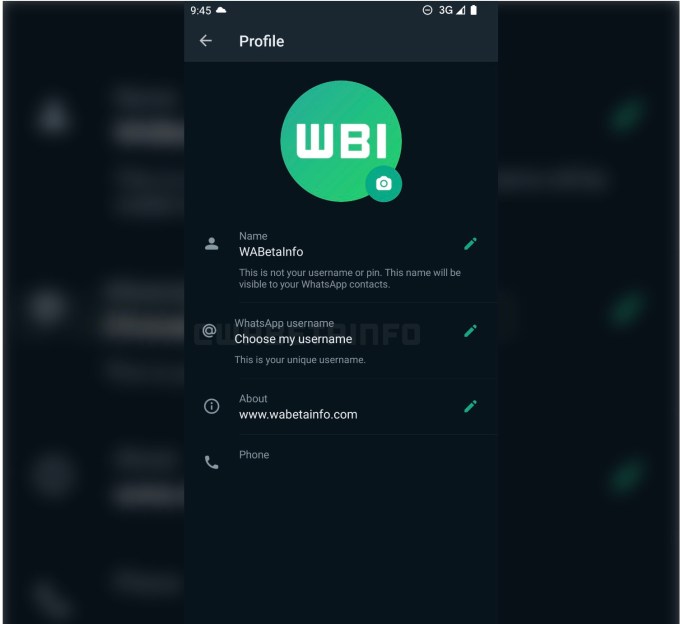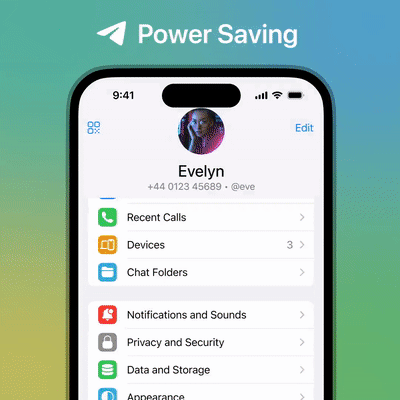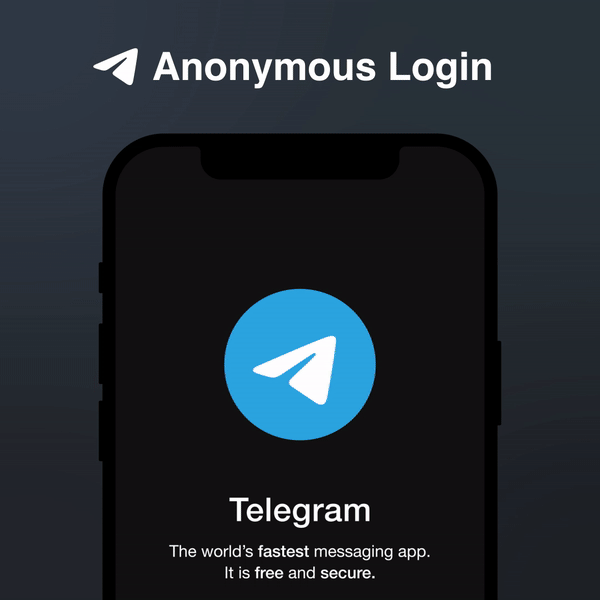Telegram is officially rolling out Stories to all users, the company announced on Monday. The feature first launched to Premium users last month, and is now available to everyone on the platform. Today’s announcement comes as Telegram is celebrating its 10th birthday.
One major factor that sets Telegram’s new feature apart from Stories on other platforms is the fact that users have the option to edit them after posting. On platforms like Instagram, Snapchat, Facebook and TikTok, you don’t have the option to edit a Story once it’s live. If you want to change something, you have to delete the Story and then start again. Telegram is taking a different approach with its Stories feature.
“For the first time in the history of social media, you can update any element of your story at any time – changing its visibility, caption, on-screen text, stickers or anything else – without having to delete and repost it from scratch,” Telegram wrote in a blog post.
The rest of Telegram’s Stories experience is similar to those on other platforms.
You can choose to have your Stories viewable by everyone, your contacts, a few selected contacts or a list of close friends. Stories will be placed in an expandable section at the top of your chat list. You can hide Stories posted by any contact by moving them to the “Hidden” list in your Contacts section instead of the main screen.
Users can choose when their story expires. For instance, you can have it expire in six, 12, 24 or 48 hours. Or, you can permanently display Stories on your profile page in a way that’s similar to how Instagram lets you display Story highlights. In addition, you can add captions and links to your Stories. There’s also the option to tag other people in your Stories. Plus, you will be able to post photos and videos taken with the front and rear cameras simultaneously in a BeReal-like style.
Although Stories are now available to all users and just not paid users, Telegram is still offering Premium users a perk when it comes to Stories. Premium users can enable a feature called Stealth Mode that erases their views from any stories they opened in the past five minutes, and hides what they view for the next 25 minutes.
Telegram CEO Pavel Durov said back in June that users had been asking for Stories for years. The company was initially against adding Stories because they “are already everywhere,” but wanted to listen to its users, Durov had said at the time.




